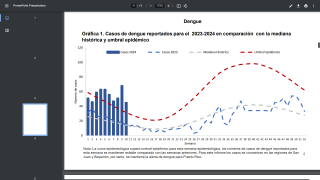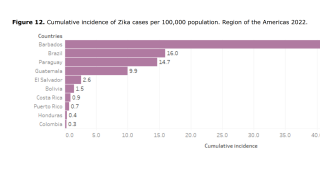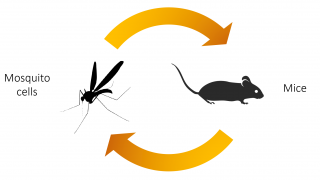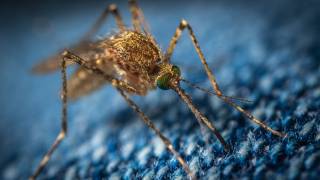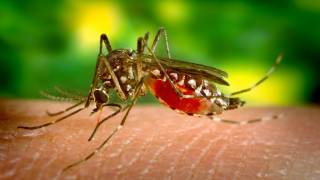Florida Keys Mosquito Breeding Experiment Launches

An innovative project conducted jointly by the Florida Keys Mosquito Control District (FKMCD) and Oxitec was launched after a decade of planning.
Over the next few months, six locations in the Florida Keys will host Oxitec’s male Aedes aegypti release boxes that will slowly release their self-limiting male mosquitoes.
Like all male mosquitoes, Oxitec’s mosquitoes do not bite people.
Oxitec’s males are different. They are intended to reduce the number of potentially disease-transmitting female Aedes aegypti.
The Aedes aegypti makes up just 4% of the mosquito population in the Florida Keys but is responsible for virtually all of the disease transmission.
Furthermore, Aedes aegypti mosquitoes transmit dengue, Zika, and other diseases.
This project launched in April 2021, more than a decade after FKMCD first invited Oxitec to pilot its technology in the Keys.
The project has received required regulatory approvals from federal and state regulators, including approvals by the U.S. Environmental Protection Agency (EPA) and the Florida Department of Agriculture and Consumer Services (FDACS).
In August 2020, the FKMCD Board of Commissioners approved the project. Extensive public consultation, education, and engagement have been carried out and community support for the project remains high.
Andrea Leal, Executive Director the Florida Keys Mosquito Control District, commented in a press statement issued on April 29, 2021, “Our primary mission is to protect residents in the Florida Keys from all mosquitoes, including the disease-transmitting Aedes aegypti.”
Aedes aegypti is the most common container breeding mosquito in the Florida Keys.
“The Florida Keys Mosquito Control District remains committed to seeking out, environmentally-friendly and targeted tools to protect our residents and to preserve our wildlife.”
“With full approval from the US EPA and the Florida Department of Agriculture and Consumer Services, as well as support from the US Centers for Disease Control and an independent advisory board, we are now eager to see the project progress over the coming months,” she said.
The Black Salt Marsh Mosquito (Aedes taeniorhynchus) is the most common in the Florida Keys. This mosquito is an aggressive biter that creates havoc during outdoor activities, especially at dawn and dusk, says the FKMCD.
Oxitec is a US-owned company with headquarters and R&D facilities located near Oxford University in the UK.
Zika News publishes research-based news.
Our Trust Standards: Medical Advisory Committee

